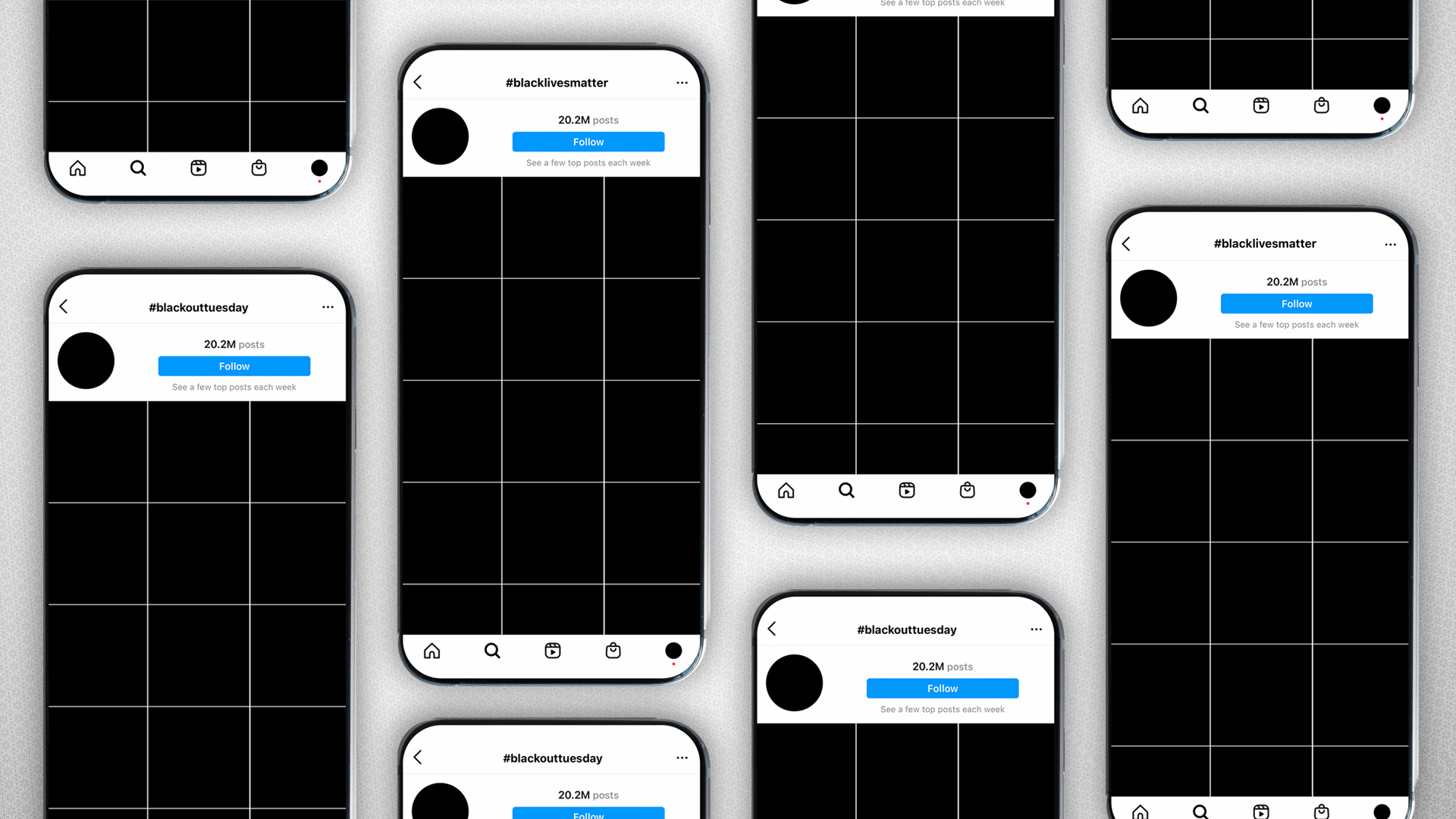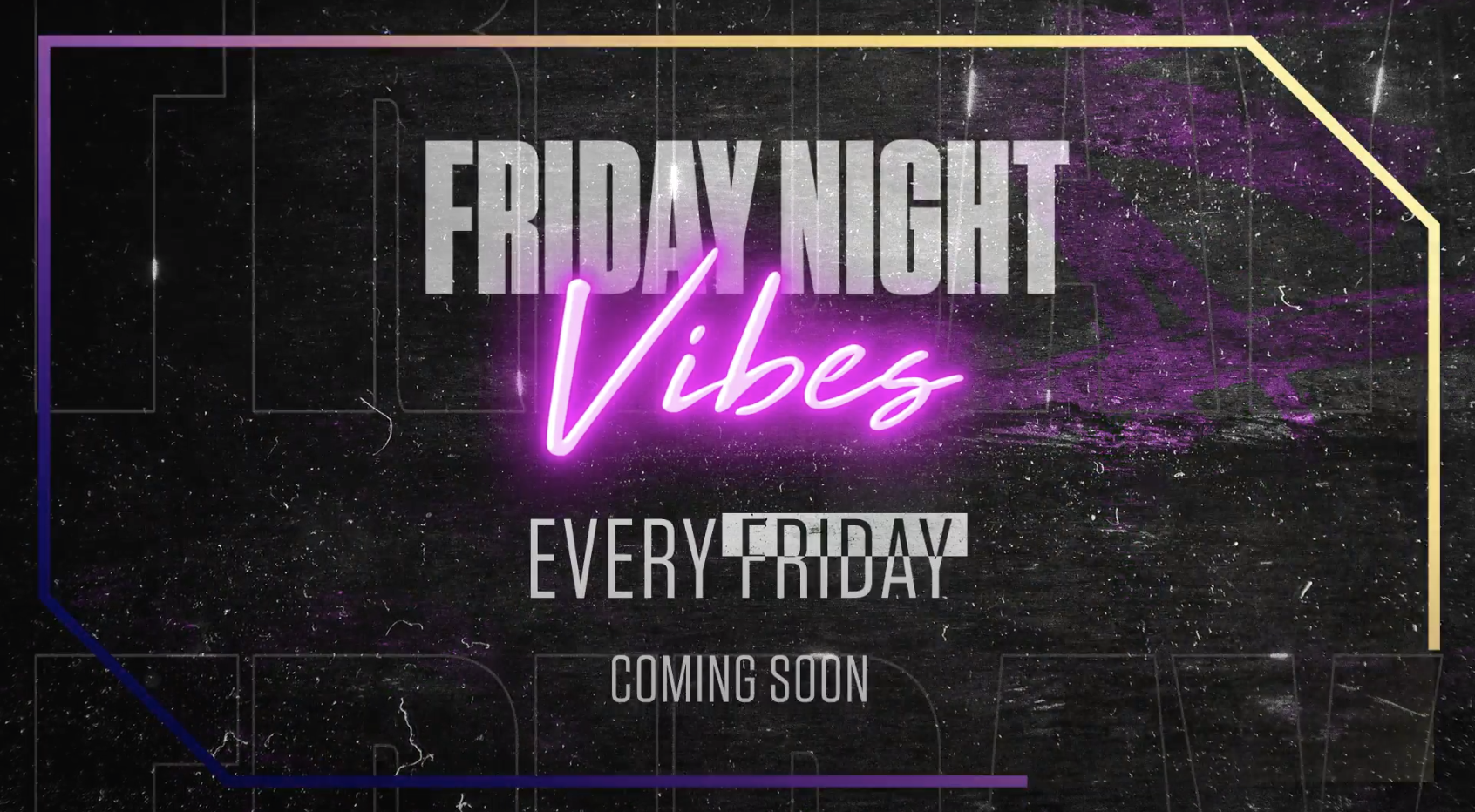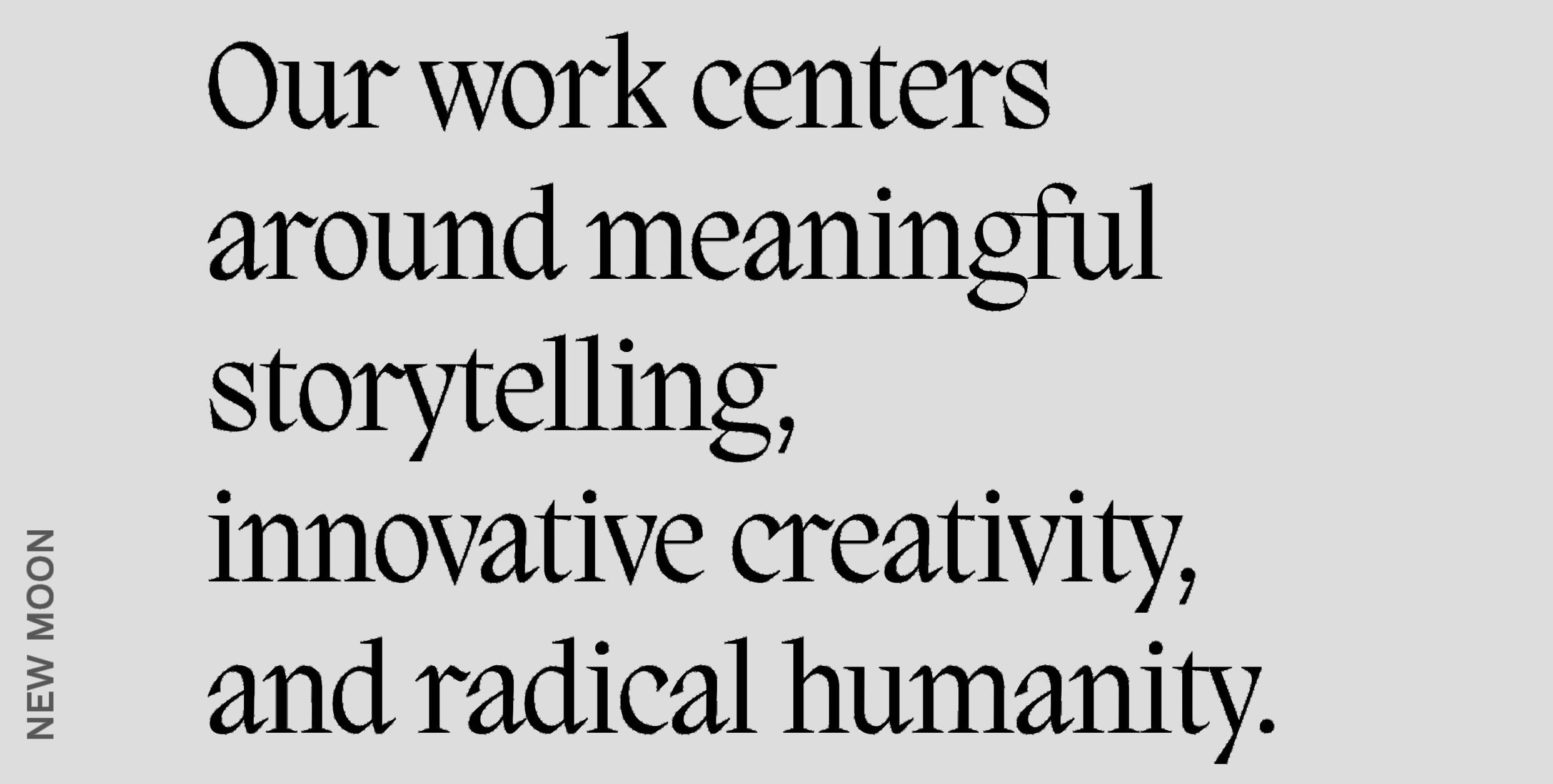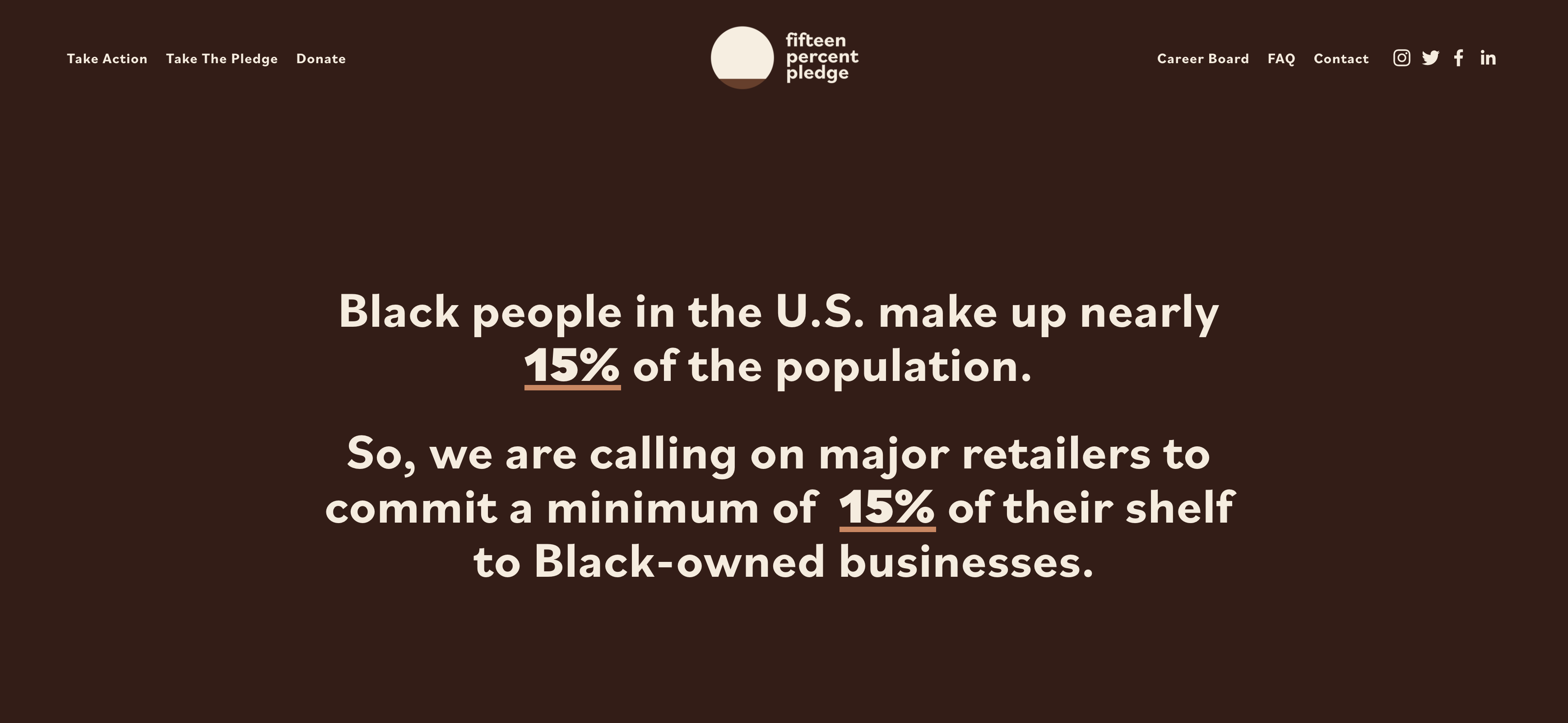
Last year, in the midst of the nationwide protests against police brutality following the murders of George Floyd, Breonna Taylor, Ahmaud Arbery, and countless others known and unknown, vendors, suppliers, and experiential agencies within the event industry shared messages of solidarity, donated to organizations, and even made Juneteenth a company holiday.
At the same time, many Black-owned agencies turned the outcry into outreach. In June 2020, Anika Grant, founder and C.E.O. of New York-based Idlewild Experiential, created an open source Google spreadsheet where Black event professionals were able to submit their information in hopes of expanding their network and connecting with other Black creatives in the industry.
A new and improved version of the list is set to launch on the agency's website on July 5.
“I was angry,” Grant says about her reason for starting the list. “It was a 15-year-career’s worth of frustration and annoyance around how limiting the opportunities have been for people of color. How few people of color, especially in the experiential world, are in positions of power...are given budgets...are given RFPs for projects that are not focused on only Black people. I was angry and I just felt like it's something I've always wanted for myself.”
Before starting her agency in 2018, Grant oversaw sponsorship and client solutions for the Essence Festival. It was during that time when, she says, she was “super intentional about hiring from our community. And many times we just didn't know that each other was out there. Everyone's working in their own silo.”
“Everyone works with who they know. And all of our networks are not as diverse as we all say. We all think I have a diverse friend group, but when you really drill down to it, it's probably a little bit more monolithic than you want to say. ...I think it's important that people have a resource to go to if they would like to be more diverse.”
In the wake of the protests, some agencies and event companies acknowledged their shortcomings surrounding diversity and inclusion, particularly within their hiring practices, and issued lengthy statements and action plans. For example, Live Nation pledged to “look for opportunities to support minority-owned businesses wherever possible, from stage lighting companies to our 401k investment managers, and more.”
But most of the Black event pros we spoke to agreed that progress within the industry has been slow going, with some noting the shutdown of in-person events and the pivot to virtual as potential roadblocks. Plus, policy change takes time, usually requiring buy-in from different departments within an organization.
“It’s too early to tell,” says Alvin Stafford, V.P. of accounts at experiential marketing agency On Board Experiential and one of the leaders of OBE’s Black-owned, minority-led marketing consultancy called Think TRUE. “People haven’t had to prove themselves yet,” citing the pandemic as part of the reason for the delayed response.
Something did happen almost immediately though—more inquiries.
Bunmi Giwa-Bello, co-founder and president of BlackHouse, credits her agency’s shift to virtual events and their technical prowess “coupled with the state of the world and how organizations are trying to be very aware, socially aware and socially responsible of the vendors that they're utilizing” for the uptick in projects over the last year.
Lori Hall, co-founder and head of creative at Pop'N Creative, says that “I do feel like Black Americans, especially, really raised their voices to say, we need justice now. And for the first time in my lifetime I felt like companies really responded in a major way.”
The Black-owned, women-led multicultural marketing agency, which Hall started in February 2020 with co-founder and head of digital content and marketing Jessica Lane, experienced an influx of requests from brands, asking for strategic advice on how to handle the moment.
“We had a lot of companies come to us saying, ‘my staff have pushed me and I want to do the right thing, but they’re pushing me to do it immediately, right now. How can I make sure we don't misstep? How can I make sure we're not a part of cancel culture by doing the wrong thing?,’” Hall says. [Note: reached out to Lori for a co. example to add here]
In response, the agency released two free downloadable directional playbooks—Response Guide to Discussing Racial Injustice and the Action Guide to Dismantling Racism—to help guide companies with their messaging in regards to the Black Lives Matter protests, as well as on how to address their community, whether it was employees or customers. “A lot of them were putting up the black square … but we saw a disconnect,” Hall adds.
Pop'N Creative also worked with their clients to create live events and experiences that enhanced diversity outreach. For example, after conversations with TBS, the agency created Friday Night Vibes, a hybrid promotional and programming platform that included hosted interstitials featuring celebs such as Tiffany Haddish and Snoop Dogg, with the goal of helping the network build credibility with African-American viewers.

Some agencies also started sharing data on staff diversity, which Hall strongly encourages “because the community will rally around you and help you. We all know talented people that they can hire. Don’t say that you couldn't find the right people or there's not enough talent out there because there is. We try to tell them don't be scared of sharing numbers even if they look weak. That's where we can start to help.”
When contracting vendors, Hall says that her team thoroughly vets them, asking “‘what's your squad look like? How many Black and Brown people do you have internally?” While a lack of diversity isn’t necessarily a dealbreaker, she says it is a red flag.
As for those creatives of color already on staff, Hall says that she thinks “Black and Brown employees are heard more loudly these days,” citing an increase in the number of employees of color who have reached out to her agency over the last year, “because they have the leeway now to bring in a new agency because someone—whether it's from the top or in the middle—said we need more diversity.”
For some event pros, this new influx of business can be a double-edged sword, with some brands simply reaching out in an effort to fulfill a seemingly arbitrary diversity requirement.
Shannon Jones, co-founder of Verb., a brand consultancy/experiential agency hybrid, does caution against the inclination to be pigeonholed. “Sometimes Black-owned agencies get put in a multicultural box. We’ve done culturally influenced campaigns, but we've also done a lot of general market work,” she explains. “I've heard other Black agency leaders comment on this in the past where so many of us have often worked at general market agencies and led accounts, seven- and eight-figure pieces of business for many, many years, and then go off to start our own shop and then become minimized to just one small piece of the project.”
She says that she has noticed a shift in what brands are deeming “multicultural,” recognizing the consumer power of diverse audiences. “I think right now we're starting to see those lines blurred a lot more in terms of what ‘box’ brands are putting something in,” Jones says. “Even if it's a Black artist and Black talent or Black influencers, they have such a wide following where it would be limiting for the brand to just try to put them in a box that way.”
Will this momentum, no matter how incremental, stay the course? That’s perhaps the biggest concern among Black creatives within the industry.
“I think all people in the community hope that it's not a trend, it's not a fad, that companies will still continue to put Black-forward initiatives in place,” Hall says. “And consider the Black community as a primary target for them and a community that they should support and uplift, but also a community that's great for their business.”
Joey Forster, V.P. of people and operations for On Board Experiential, says that he hopes companies “do the work,” stressing the need to have the “uncomfortable” conversations in order to create a more equitable environment. That also includes supporting employees of color with ERGs (employee resource groups), conducting sentiment surveys to get a better understanding of their mental state, and responding to the current climate. For example, during the recent surge in hate crimes against the Asian American Pacific Islander communities, OBE brought in a therapist, specifically for AAPI employees, to create a safe space.
Experiential marketing agency New Moon, which was originally known as the projects* and recently underwent a rebranding in response to the Black Lives Matter movement, is set to launch a pro bono arm called New Moon Rising, which will aim to amplify the vision of Black and BIPOC creators and brands.

“We’ve been doing pro bono work for quite some time, though it’s always been informal and on a more ad hoc basis, as opportunities that we felt we could add value to arose,” explains New Moon founder Jack Bedwani. “Formalizing our not-for-profit work into a structured pro bono part of the business is important both internally and externally, as it ensures that our pro bono clients get the same high standard of service that our paying clients do, regardless of whether there are fees attached to it.”
He continued, saying that “there’s no one-size-fits-all ‘gold standard’ for agencies when it comes to allyship, but the way we’ve approached it is to add value through allowing exceptional causes access to our team members … in my view, creating space within the business to work for good whilst doing good work is the baseline, not the benchmark.”
Bedwani also says that the agency’s commitment to diversity and inclusion includes honoring the principles laid out by the 15 Percent Pledge when it comes to hiring practices. As part of the pledge, companies are asked to conduct an internal audit of their current spending power and contracts allocated to Black businesses.

And speaking of hiring practices, Forster says that “you can’t do the same thing because you get the same thing.” This is why OBE coordinates with organizations such as ColorComm, which supports women of color in communications fields, to recruit diverse job candidates.
“It's simple. Just hire us,” says Tachand Dubuisson, a freelance producer who recently founded her own agency called Apt-122. “For you to say that you can’t find qualified individuals of color sounds mind-boggling to me.”
Grant suggests that agencies begin by hiring diverse interns, “so that they can get exposure to the industry. Hire folks in entry-level positions out of college. ...I think it’s about making sure that those opportunities start at the ground level internally.”
That also means promoting entry-level and mid-tier employees of color, and not overlooking Black talent for leadership positions, Jones says. “I want to see more black executive creative directors, lead strategists, C.O.O..s, C.E.O.s.” (According to the U.S. Equal Employment Opportunity Commission, Black professionals in 2018 held only 3.3% of all executive or senior leadership roles, which are defined as within two reporting levels of the C.E.O.)
Grant and other Black creatives within the industry are building these types of resources in the hopes that they’ll make a difference and that one day they won't be needed. “Honestly, I would love to see that we don't have to create this list anymore. That’s the goal.”
The Black Event & Experiential Markers List is set to go live July 5 on Idlewild Experiential's website. In the meantime, head to their website to submit your information by clicking “Join BEEM” to join the Black Event & Experiential Marketers community.
The Vendry also launched a directory of Black-owned events businesses to provide a direct and sustainable way to support our community - reach out to [email protected] if you're interested in being included.
Check out these other resources for more information on promoting diversity within the event industry: